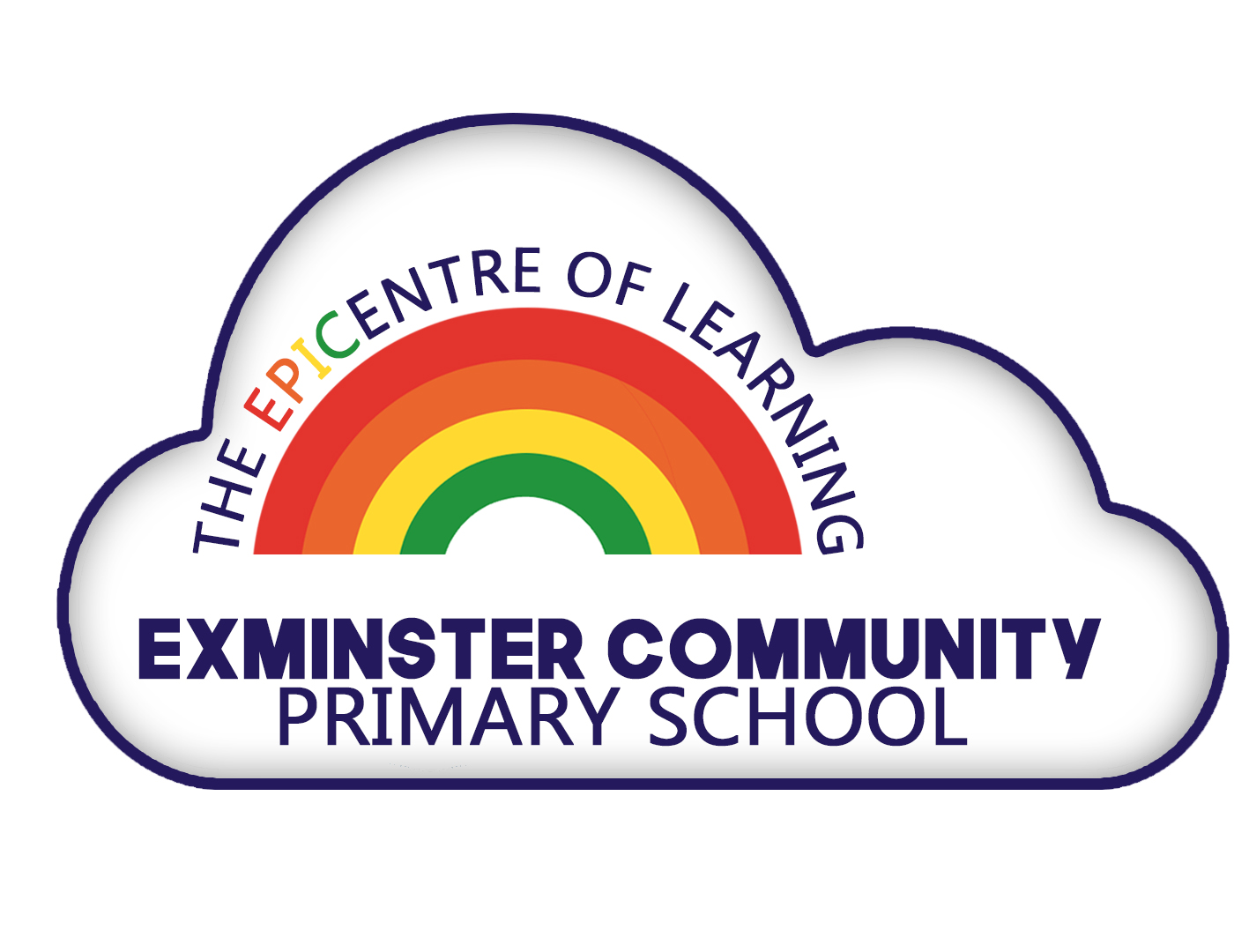RE and British Values
RE can make a key educational contribution to pupils’ explorations of
British Values, and excellent teaching of RE can enable pupils to learn to
think for themselves about them.
The subject offers opportunities to build an accurate knowledge-base about
religions and beliefs in relation to values. This in turn supports children
and young people so that they are able to move beyond attitudes of
tolerance towards increasing respect, so that they can celebrate diversity.
Values education and moral development are a part of our school’s holistic
mission to contribute to the wellbeing of each pupil and of all people
within our communities. The RE curriculum focuses learning in some of these
areas, but pupils’ moral development is a whole-school issue.
Mutual tolerance
As a School, we do not accept intolerant attitudes to members of the
community: attitudes which reject other people on the basis of race, faith,
gender, sexual orientation or age are rightly challenged. A baseline for a
fair community is that each person’s right to ‘be themselves’ is to be
accepted by all. Tolerance may not be enough: RE can challenge children and
young people to be increasingly respectful and to celebrate diversity, but
tolerance is a starting point. It is much better than intolerance.
Respectful attitudes
In the RE curriculum attention focuses on developing mutual respect between
those of different faiths and beliefs, promoting an understanding of what a
society gains from diversity. Pupils will learn about diversity in
religions and worldviews, and will be challenged to respect other persons
who see the world differently to themselves. Recognition and celebration of
human diversity in many forms can flourish where pupils understand
different faiths and beliefs, and are challenged to be broad-minded and
open-hearted.
Democracy
In RE pupils learn the significance of each person’s ideas and experiences
through methods of discussion. In debating the fundamental questions of
life, pupils learn to respect a range of perspectives. This contributes to
learning about democracy, examining the idea that we all share a
responsibility to use our voice and influence for the wellbeing of others.
The rule of law
In RE pupils examine different examples of codes for human life, including
commandments, rules or precepts offered by different religious communities.
They learn to appreciate how individuals choose between good and evil,
right and wrong, and they learn to apply these ideas to their own
communities. They learn that fairness requires that the law apply equally
to all, irrespective – for example – of a person’s status or wealth. They
have the opportunity to examine the idea that the ‘rule of law’ focuses
specifically on the relationship between citizens (or subjects) and the
state, and to how far this reflects or runs counter to wider moral codes
and precepts.
Individual liberty
In RE, pupils consider questions about identity, belonging and diversity,
learning what it means to live a life free from constraints. They study
examples of pioneers of human freedom, including those from within
different religions, so that they can examine tensions between the value of
a stable society and the value of change for human development.
